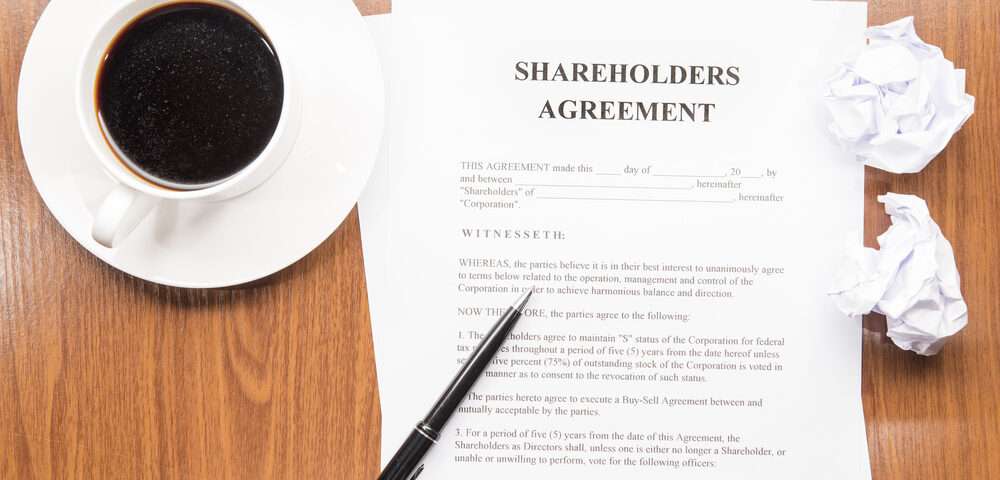A basic principle of corporate law is that a company is generally of limited liability, meaning that the liability of the shareholders is limited to the amount that each undertook to invest in exchange for its shares and a shareholder may not be sued for debts of the company. However, sometimes negligent wording of a shareholders' agreement or a company articles of association may create personal liability of the shareholders even though the parties did not intend to do so.
For example, a group of friends wish to open a restaurant and for that purpose form a partnership between them (whether an explicit partnership agreement, or if they forget to write an agreement and unintentionally form a partnership under law). One of the things that the friends are not aware of is that under Israeli law in a partnership each of the partners may bind the partnership and each of the partners is fully liable for all partnership obligations. Even where a partnership agreement exists and sets otherwise, this may not apply to third parties who were not party to the agreement.
So, can one avoid personal liability? Establish a company that will give its shareholders adequate protection, even if not absolute: a shareholder may be personally responsible for actions or omissions that the shareholder himself has made. In addition, in certain cases personal responsibility of shareholders exists under law for debts of the company (e.g, debts to the tax authority or for municipal property taxes). In addition liability may arise under piercing the corporate veil (ignoring the corporate) principle in case of misuse of the veil of the association and banks and suppliers will in many cases require material shareholders to sign a the personal guarantee for the debts of the company.
But in addition to all this, often the parties themselves erroneously create personal liablity when they choose to formulate a "shareholders agreement", which is phrased negligently, by themselves (or through a lawyer who does not specialize in mergers and acquisitions, or at least in corporate law). That agreement creates, usually without intent, personal responsibility of the shareholders. For example, a clause in an agreement that states that "each party shall finance its part of the operating costs of the company" may be construed as creating personal responsibility. In a recent holding, an Israeli Court dismissed a claim by a shareholder who injected large amounts of money into the company before its collapse and claimed to be entitled to indemnification from the other shareholder. The Court held that absence an agreement between the parties that determines personal liability, the shareholder are not required to pay debts of the company or indemnify another shareholder who invested money in the company.
So, can one avoid personal liability? It is important that the company's articles of association and shareholders agreement be tailored to the size of its shareholders and the company's goals. It is important that this "tailoring" be carried out by a lawyer with the correct business vision, but also with experience in mergers and acquisitions and preferably in disputes between shareholders so that the lawyer will be able to set the proper terms. "Financial savings" in the early stages of the business (and afterwards) may create "accidents" in the form of liabilities that the parties have not intended and may discover only at a later stage.

